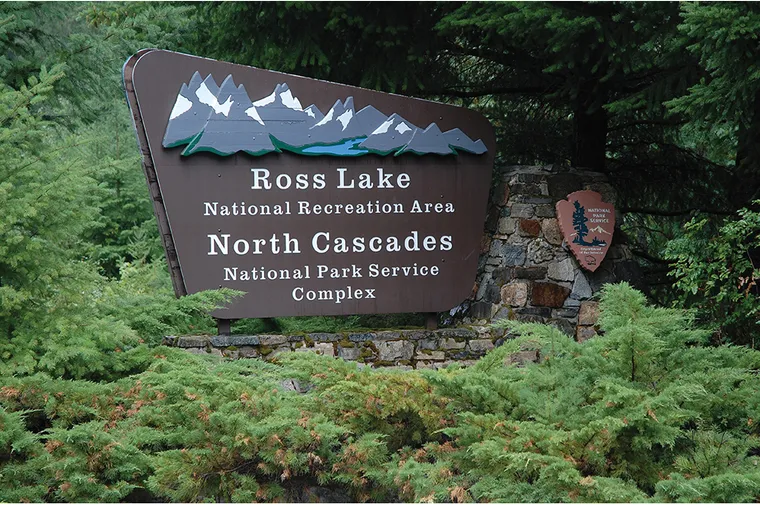Integrating online reservations and seamless customer service at North Cascades National Park Complex campgrounds
Like most national parks, North Cascades attracts thousands of visitors each year. Abutting the Canadian border, it’s a wonderland of cerulean lakes, seemingly endless alpine summits, and steep glaciers. In fact, North Cascades boasts more glaciers than anywhere in the lower forty-eight states. It’s a recreational paradise, offering hiking, boating, camping, and world-class alpine climbing. Front-country and backcountry adventures abound. Five busy campgrounds, an informative visitor center, and a wilderness information office provide visitors with a springboard to enjoy the extensive offerings. The visitor center hosts interpretive programs, an auditorium, and excellent exhibits about the park's forests and delicate alpine ecosystems.

